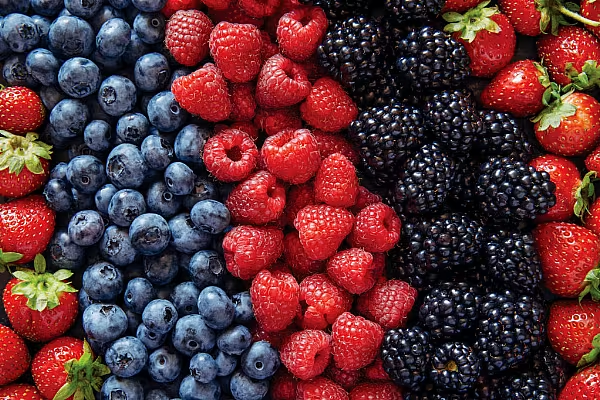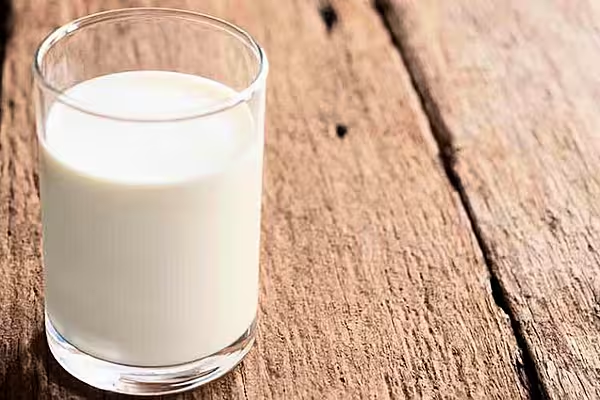The fruit-and-vegetable industry has been one of the most affected by the coronavirus epidemic. ESM caught up with Freshfel Europe’s general delegate, Philippe Binard, to discuss how the sector is seeking to take back control. This article first appeared in ESM Issue 3 2020.
ESM: While the fresh-produce industry has been adversely affected by the COVID-19 outbreak, it has thus far managed to maintain good service levels across Europe. How?
Philippe Binard: Right from the beginning, our category was identified as an essential segment that needed to be maintained on the shelf and accessible for European consumers. That recognition was very important for us and alleviated some of the concerns relating to the perishability of products.
What we saw with the initial outbreak in Italy, around 23 and 24 February, is that you had a long queue at the Brenner Pass, which is the border between Italy and Austria, and there were also issues at the border with Slovenia.
From that moment, I think the European Commission realised that because Italy is such an important producer of fruit and vegetables, a specific solution needed to be developed to secure the product on the shelf across Europe, regardless of where it is grown.
ESM: How is the transport of fresh produce being affected in the wake of the outbreak?
We need to address the issue of transport, to make sure trucks can cross borders, but also to address the fact that there is a scarcity of trucks in some cases.
There are also some other logistics issues to consider, relating to the definition of essential and non-essential products – when a truck travels from the south of Europe to the north of Europe, it might be filled with fruit and vegetables, but when it returns, it is more than likely empty, as non-essential goods cannot be transported. That, in turn, is increasing the cost of transportation.
ESM: Arguably the biggest challenge that the sector faces is a shortage of workers, with the harvest season already under way in some markets. How do you see this being overcome?
The issue of seasonal workers is very important because there are lots of crops that are already ready to harvest, such as berries and asparagus, and this is only going to get bigger as the year progresses. It’s quite labour intensive – as well as the seasonal workers to pick the products, there are others needed to replant the products. If they are not there, we could end up with a problem relating to food security.
This is particularly an issue with specialised crops that are more labour intensive, and not as mechanised when it comes to production.
There are some countries that are seeking to develop their own solutions – Germany has said that it will be replacing seasonal workers with volunteers from industries that have been closed, such as from the catering sector – but there’s quite a lot of concern about this option because these volunteers are not as well trained, and they might only be a temporary solution.
There is also a need for guarantees in terms of how to maintain social distancing in terms of production, particularly for those working in the field. For example, what sort of equipment is needed in terms of sanitisation and maintaining the health of workers? These are elements that will potentially impact picking operations, and the supply of fresh produce.
I don’t think we’re going to have a situation where there are product shortages on the shelf, but the question needs to be asked about how we continue to supply product in the same way as we have done in the past.
ESM: Have you been you impressed with the ability of the fresh-produce sector to shift its modus operandi in the wake of the crisis?
Collectively, the industry has acted strongly and decisively, but you cannot say for certain whether this will lead to increased consumption of fruit and vegetables. While retail sales are up, we cannot ignore the fact that a huge part of industry has been shut down.
The HoReCa industry has been pretty much closed, which means that fruit and vegetables are being channelled largely through the retail chain. Of course there’s still some activity in the wholesale market, because corner shops and smaller stores are still open, but quite a shift in focus has been required.
ESM: With more at-home consumption taking place, could this, in turn, lead to increased consumption of fruit and vegetables?
Most of the time, the place where you eat more fruit or vegetables is at home, so I think the fact that people are spending more time at home could be beneficial for the consumption of fruit and vegetables. It might be important for the sector to reinforce communication about the benefits of a healthy diet, and perhaps also address issues regarding how to prepare products.
For more information about Freshfel, visit www.freshfel.org.
© 2020 European Supermarket Magazine – your source for the latest retail news. Article by Stephen Wynne-Jones. Click subscribe to sign up to ESM: The European Supermarket Magazine.














